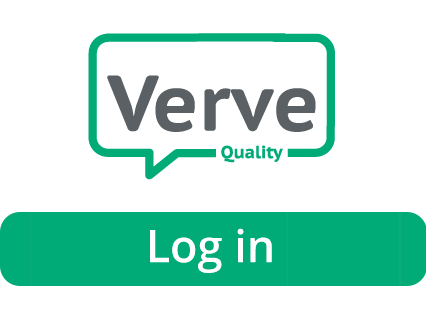Ramadan begins this Sunday 5th May and will last for four weeks until Tuesday 4th June.
Ramadan is a holy month in the Islamic calendar for the estimated 1.7 billion Muslims around the globe, as it is believed that God revealed the first verses of the Quran to the Prophet Mohammed during this month. Ramadan is a time focused on spirituality and celebration, where individuals focus on their relationship with God, increase their charitable contributions, prayers, and intensely study the Quran.
Muslims must also abstain from eating, drinking or smoking from dawn to sunset every day. After Ramadan ends, Muslims celebrate Eid al-Fitr, where they break their fast and gather for big celebrations and meals with family and friends.
During Ramadan, Muslims will have a change in daily routine. A typical day will entail:
- Waking up before sunrise to eat the first meal of the day
- Performing the morning prayer at sunrise
- Going through the day normally without any food or drink, including water
- Breaking fast at sunset with a small meal
- Performing evening prayers typically at a mosque, followed by a special prayer
- Eating a larger meal in the evening then going to bed before starting the next day
Because Muslims must fast from sunrise to sunset, it’s important that employers understand what this change in routine entails and try to accommodate and help their Muslim employees during Ramadan. Here are five ways they can do that:
1. Consider Flexible Working Hours

If you don’t already offer flexible working, you can make special arrangements for your employees by offering them flexible start and finish hours. Some employees may want to start work earlier when they have more energy. Others might want to skip their lunch break so that they can leave work early and get home to conserve energy. If employees need to commute a long way to work then it may be worth offering them the option of working remotely during Ramadan so that they can save the time and energy it would take to travel.
2. Prepare for Annual Leave Requests

Employees may take annual leave throughout Ramadan, especially for Eid al-Fitr, which begins after Ramadan ends. Because the Islamic calendar is a lunar calendar, dates can be quite uncertain, so you may receive annual leave requests at short notice. For example, Eid al-Fitr is scheduled to be on the 5th June this year, but this is only a tentative date as the actual date depends on the sighting of the moon of Shawwal.
To support your employees, it’s worth preparing for these requests and accepting them when they come through unless there’s a definite reason not to, such as having a period of busy trading. It may also be worth having a conversation with your employees before Ramadan begins if they plan to take any leave.
3. Educate Your Other Employees

It may be worth educating your other employees, or the ones who work closely with Muslim colleagues, of what fasting involves and how this may impact their colleagues. Fasting for more than fifteen hours every day for the entire month will be challenging, and telling your staff how this might affect behavior and working practices will be beneficial to everyone.
4. Have a Conversation About Rest Breaks

Your employees may continue with their normal work routine, but some may ask for more breaks throughout the day to rest or pray. If employees have a long lunch break then you can accommodate this request by asking them to break it up to use throughout the day. If your workplace doesn’t already have one, it may also be worth arranging a space for your employees to pray.
5. Don’t Be Offended If They Don’t Want to Attend Social or Training Events

Some employees may wish to be excluded from training or social events arranged outside of work. Attending these events may be especially draining for them if they require a lot of concentration, and it will be even more difficult if the events feature food and/or drink. Try to reach a compromise with your employees by informing them of any events that may take place during Ramadan before the month begins and getting their input. You can schedule these events for another month, or have another staff member update them on what the training entailed. This also applies to after-work social events - don’t be offended if your employees decline an invitation to a dinner or drinks, especially as their evenings will be dedicated to breaking fast, praying and gathering with their family and community.
~
We hope these five tips help you create an inclusive and supportive working environment for your Muslim employees throughout the holy month of Ramadan.
To keep up to date with the latest news and updates from TQUK, return to our blog or follow us Twitter, Facebook, Instagram and LinkedIn.
See you out there!




